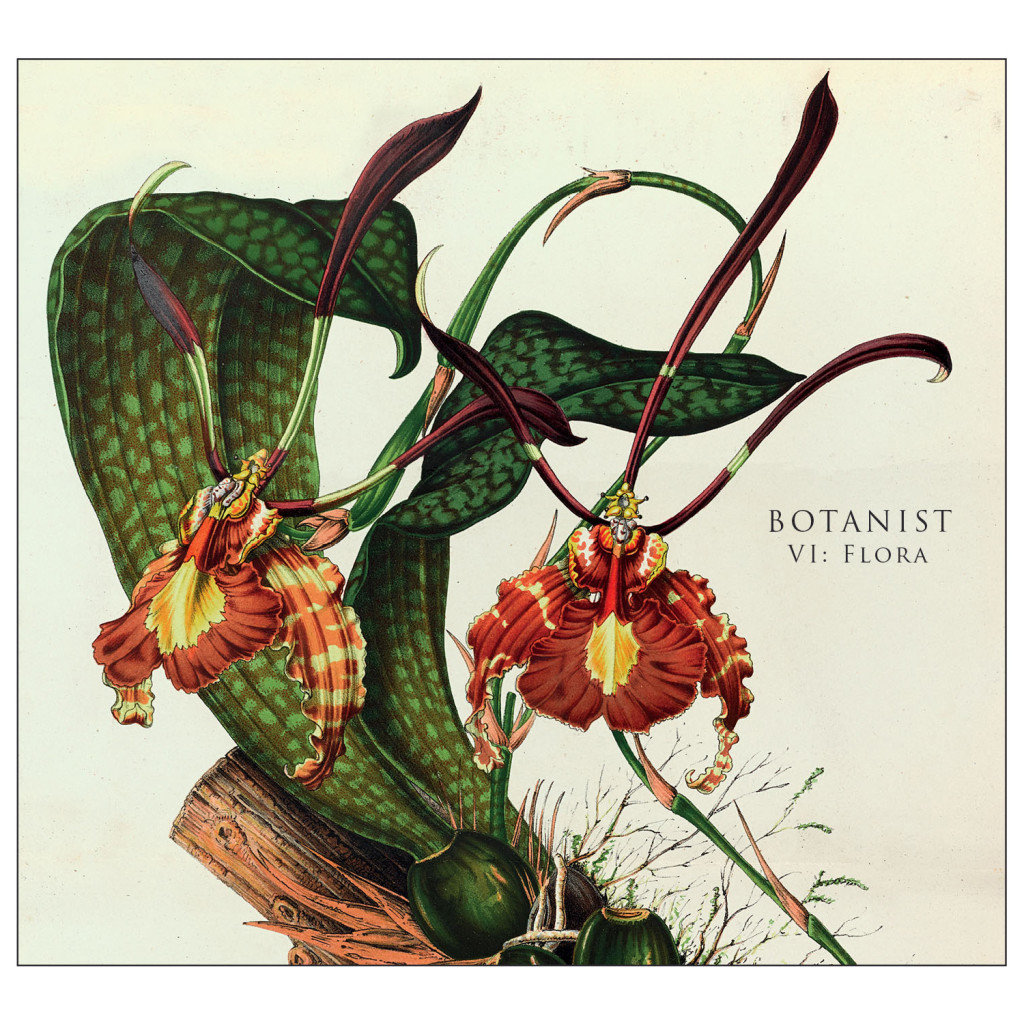Well this came out of nowhere.
The Icelandic BM thugs in Svartidauði have released a live album from a show in 2010 they did with Urfaust to commemorate the rash of volcanic eruptions that have rocked Iceland recently. The album, recorded the day in 2010 when the volcano Eyjafjallajökull (try saying that three times fast) cataclysmically erupted and stalled air traffic over Europe for almost a month, is exactly what you'd expect it to be coming from Svartidauði - violent, dark, and uncompromising, but what makes this release so great is the band's bombastic press release, posted through their Facebook page:
On the 20th of March 2010, we performed a ritual with our brothers in Urfaust here in Reykjavik. As the last notes of the night faded out the volcano Eyjafjallajökull erupted, causing the rest of the world billions upon billions of dollars in economical- and environmental damage.
So, to celebrate that our lands have again begun to ejaculate fire and toxic smoke we've put recordings of our whole set from that night online. (Source)
I absolutely adore Svartidauði but this sounds like a mix of something Gaahl and Nathan Explosion would say.
You can stream III.XX.MMX below:



